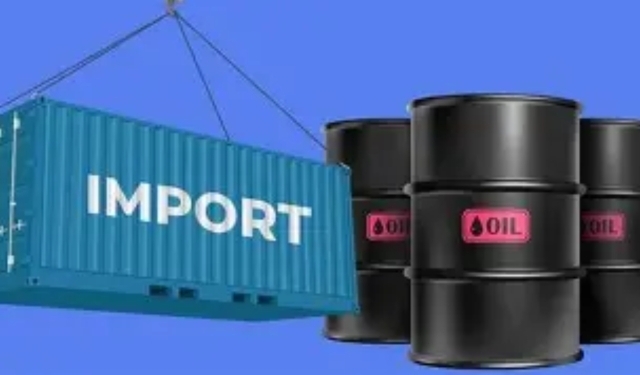Indian refiners cut new orders from Rosneft and Lukoil after Washington imposed sanctions on the two Russian oil giants.
Data shows imports dropped to 672,000 barrels per day in November compared to 1.88 million barrels per day in October. This decline signals a major shift in India’s oil import strategy.
Refineries accelerate existing shipments to meet deadlines before sanctions take effect. Tanker activity reveals diversions mid-voyage and ship-to-ship transfers near Mumbai, highlighting opaque methods used by Russian exporters. Analysts warn that India may face further reductions in December and January as refiners avoid sanctioned entities.
China and Turkey also report steep declines in Russian crude imports. China’s shipments fell by 47% while Turkey’s dropped by 87%. Nearly half of Russian tankers now sail without declared destinations, reflecting difficulties in securing buyers.
Indian refiners explore alternatives to reduce exposure to U.S. penalties. Strategies include sourcing blended products, using unsanctioned traders, and relying on complex logistics. Meanwhile, India strengthens energy ties with the United States by signing its first annual agreement to import LPG, covering 10% of national demand.
Experts believe the sanctions aim to weaken Moscow’s revenue and limit its military operations in Ukraine. For India, the challenge lies in balancing affordable energy supplies with geopolitical risks. The crude shock underscores the vulnerability of the global oil trade to political decisions.
ALSO READ: President Murmu to Visit Chhattisgarh, Telangana, and Andhra Pradesh from Nov 20–22




























